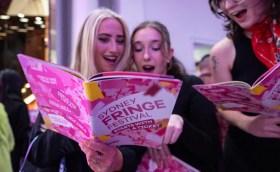A mysterious folk-rock outfit known as The Velvet Sundown has taken the streaming world by storm, amassing millions of plays on Spotify and capturing the curiosity of listeners with its vintage aesthetic. But there’s a twist: The Velvet Sundown isn’t a real band.
Entirely AI-generated, the group’s music, vocals, lyrics and even press images are products of artificial intelligence, created using tools like Suno and Midjourney. As the project rises on global charts and dominates Viral 50 playlists, artists and industry professionals are asking urgent questions about authenticity, consent and the future of music creation.






